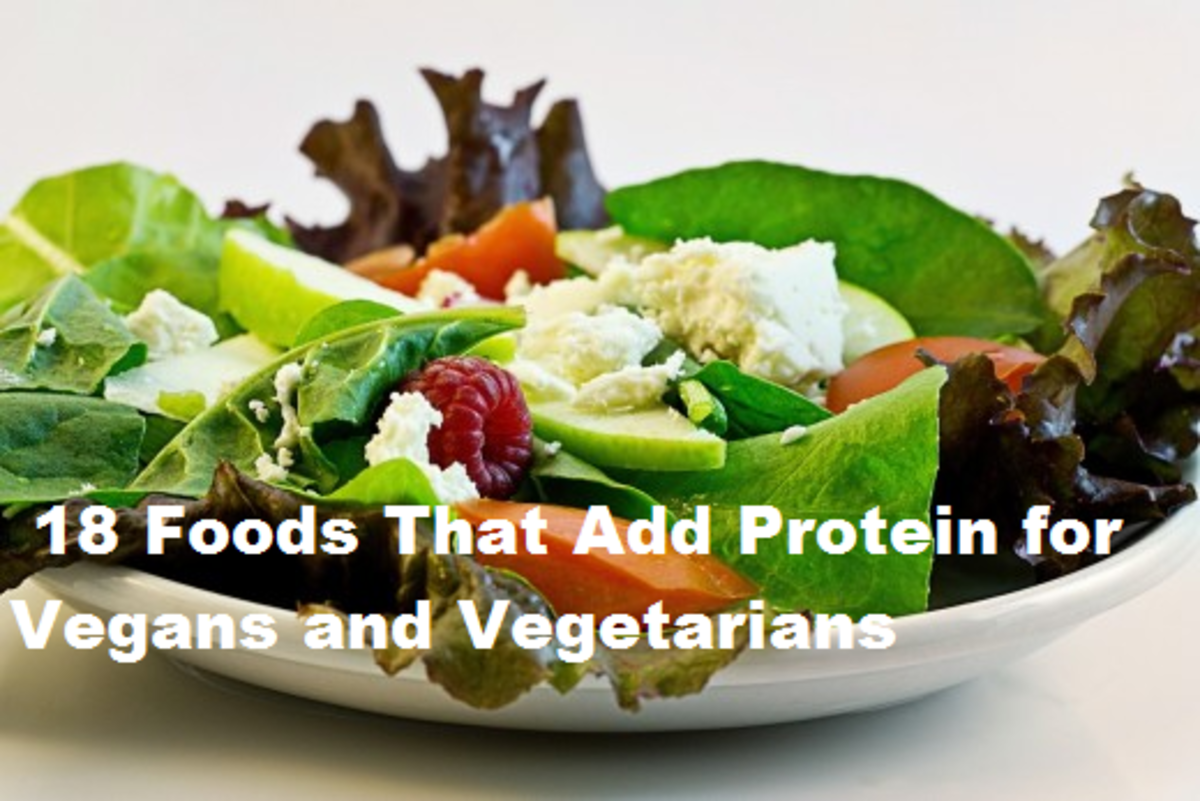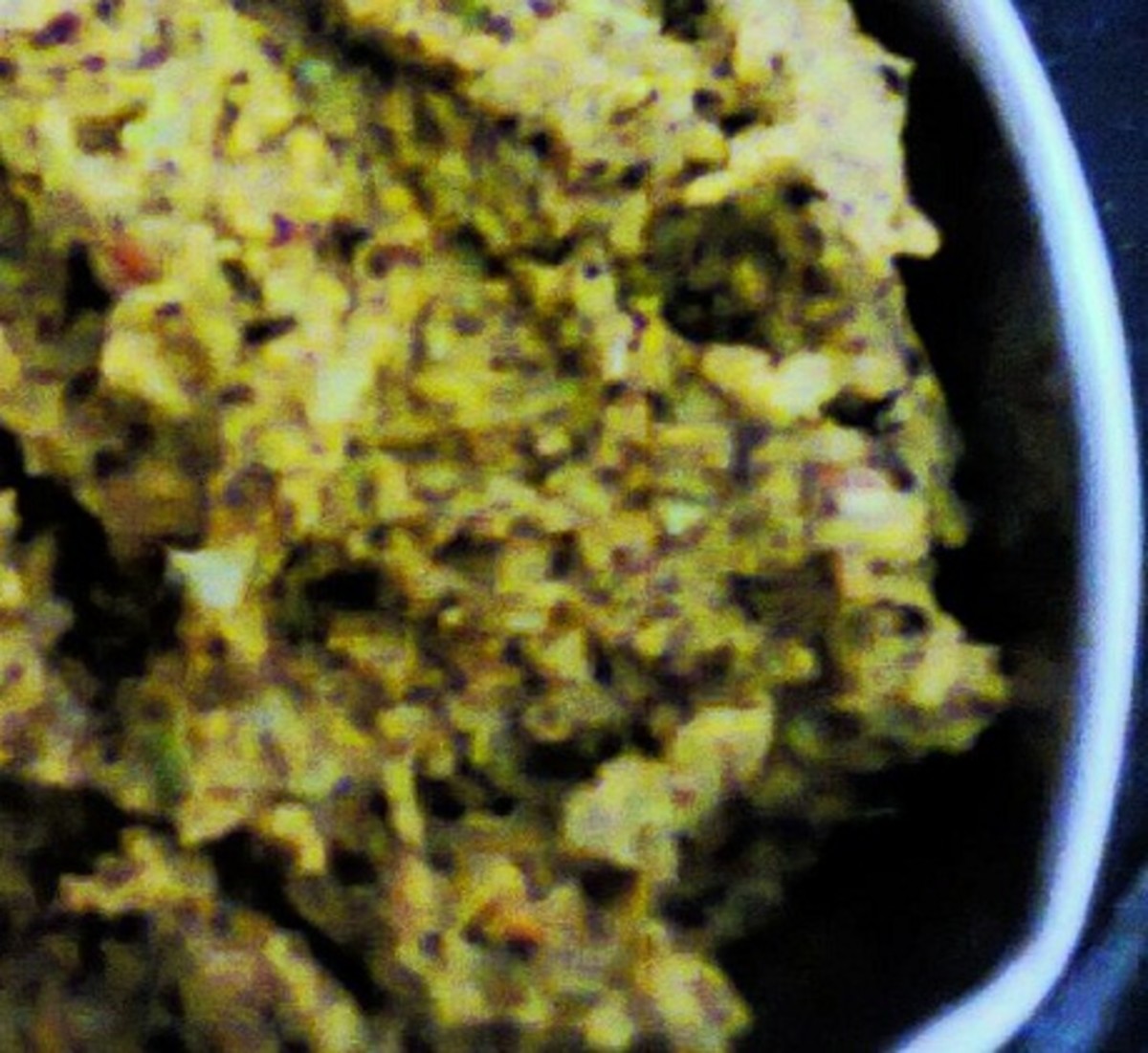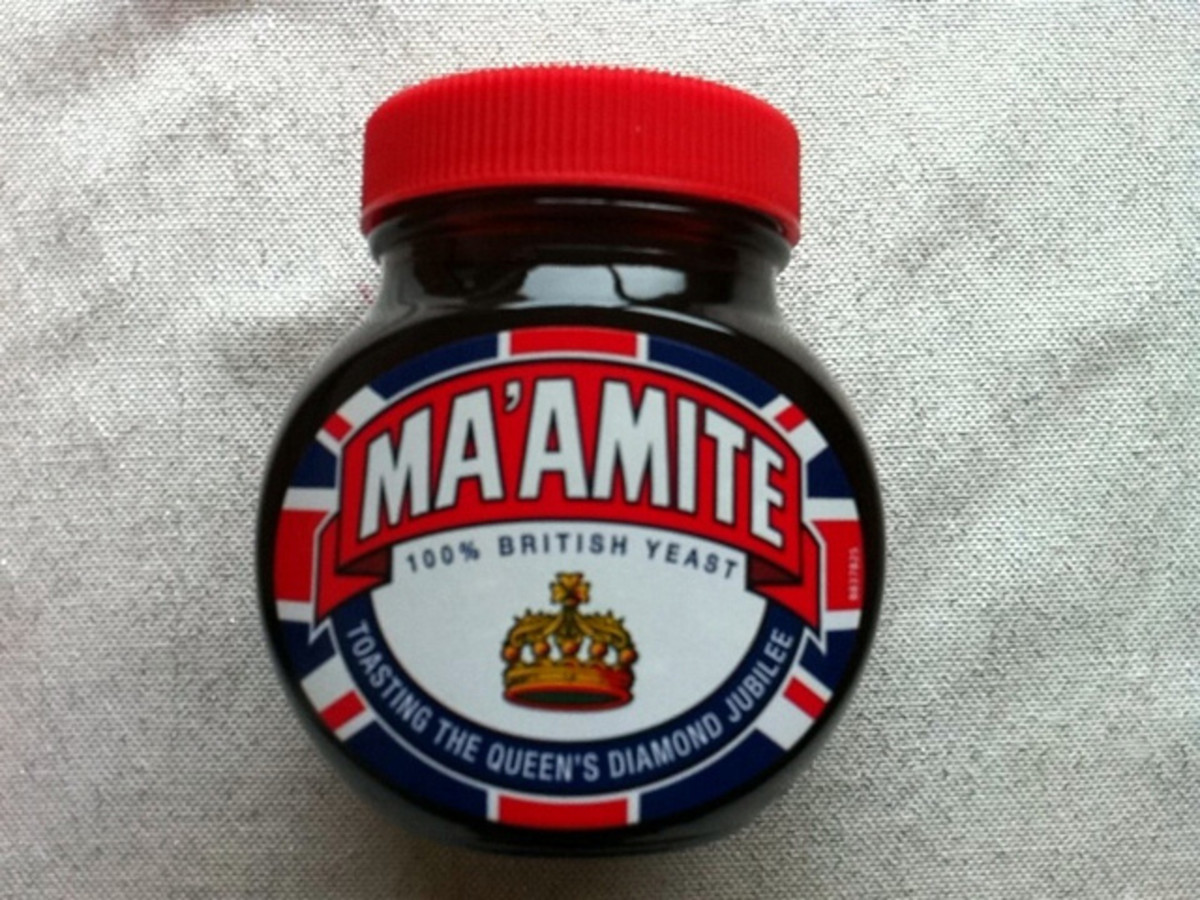Why Become Vegetarian

Vegetarian Defined
A vegetarian is a person who does not eat animal meat, though often will eat eggs and dairy products. That is the standard definition, though there are many variations such as lacto-vegetarian (dairy included), ovo-vegetarian (eggs included), and lacto-ovo-vegetarian (dairy and eggs included). A vegan is a person who does not eat animals or animal products at all.

Why Do People Become Vegetarians?
There are a variety of reasons why people are vegetarians, from religious and moral reasons to the simple dislike of the taste and texture of meat. There are also political, environmental and economical reasons. And then some people just follow trends as they did in the 80's with perms.
Some people choose not to eat meat for more than one reason. Though I was never comfortable eating meat off the bone, or with the killing of animals, the main reason I became a vegetarian seventeen years ago was in an effort to eat better. Good health is one of the most common reasons why people become vegetarians.
As the world embraces meatless meals more and more, and as doctors prescribe eating less meat for certain health conditions and preventatively, it has become easy to make the change to vegetarianism. Restaurants have updated their menus to accommodate, even celebrate, vegetarian diets. Check your local library or book store, and you will find stacks of vegetarian cookbooks. There are even college courses about vegetarianism these days. It is not difficult to jump on the band wagon and enjoy good health by good eating.
Vegetarians have a lower risk for:
- high cholesterol
- heart disease
- high blood pressure
- hypertension
- obesity
- type 2 diabetes
- cancer
- diverticulitis
- gallstones
- dementia
What Are the Health Benefits of a Vegetarian or Vegan Diet?
According to the American Dietetic Association (ADA), vegetarian diets (including vegan) are "healthful, nutritionally adequate, and may provide health benefits in the prevention and treatment of certain diseases." How is that for a stamp of approval?
In their 2009 report, the ADA confirmed that well-balanced and varied vegetarian diets are lower in saturated fat and cholesterol, and higher in fiber and healthful nutrients, such as magnesium, potassium, and vitamins C and E. Benefits from such a diet include lower risks of heart disease, hypertension, and type 2 diabetes. Vegetarians also experience lower blood pressure, lower body mass index, and lower cancer rates. Vegetarians are less likely to develop dementia, obesity, diverticulitis, and gallstones. It really makes sense, because we know eating a variety of fruits and vegetables is good for the body.
Vegetarian Trivia
view quiz statisticsAre There Any Health Risks With a Vegetarian or Vegan Diet?
Some people worry that there may be health risks associated with a vegetarian diet. Lack of protein, calcium and vitamin B-12 is a concern that people have questioned me about. The ADA report addresses those concerns, and the report is good for vegetarians, especially lacto-ovo-vegetarians.
Plant protein can meet the same protein requirements as meat protein. Beans and soy products are great choices. Cereals and other wheat proteins can be a protein source as well, though not as rich when it comes to digesting the needed nutrients.
Vegetarians that include diary products in their diet have the same, if not more, calcium intakes than nonvegetarians. Vegans typically do have lower calcium intakes, but there are nondairy rich calcium sources one can consider:
- fortified fruit juices
- soy milk
- rice milk
- almond milk
- fortified breakfast cereals
*Spinach is not the best source of calcium, because its calcium is not easily absorbed.
Vitamin B-12 is important in brain function and blood formation, but some vegetarians do not get the required amount. Lacto-ovo-vegetarians are able to meet the daily requirement if they regularly consume dairy, eggs, and fortified foods. Vegans need to plan more to make sure they are consuming enough B-12 from soy and rice drinks, and fortified cereals and meat substitutes. If not, a daily vitamin B-12 can be taken.
Well-planned Vegetarian Diet
The key to the most beneficial vegetarian diet will be the one that is varied and well-balanced. Select a wide variety of whole grains, fruits, vegetables, legumes, nuts, seeds, along with eggs and low-fat dairy products if you choose to include those. You should also limit foods that are high in sodium, fat and sugar.
With all the health benefits of becoming a vegetarian, maybe the question should be "Why not become a vegetarian?"









